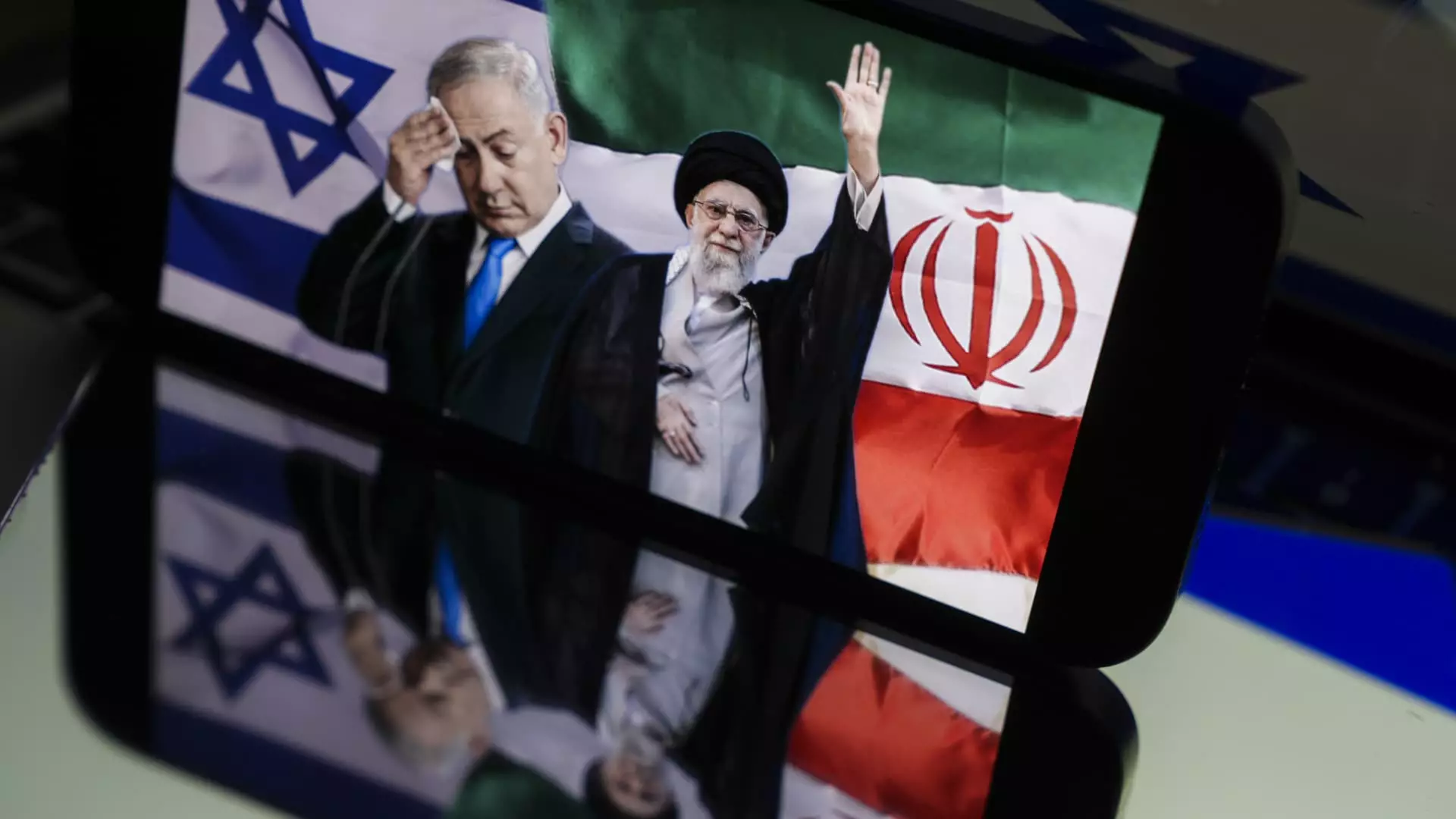In an increasingly volatile geopolitical landscape, the stability of global oil markets hangs precariously by a thread. Recent high-profile eruptions of violence—most notably Iran’s military engagements and their ripple effects—highlight how intertwined geopolitics and energy security truly are. The explicit warning from Iran’s Oil Minister about the destructive impact of war serves as a bitter reminder that pursuit of political dominance often exacerbates economic insecurity for the entire planet.
The core issue is not merely about supply disruptions; it is about the broader implications of deploying war as a tool of policy. When conflict erupts, it is ordinary economies that are subjected to hardship as oil prices spike unpredictably. Such disruptions reveal the dangerous fallacy that war can be a tactical solution without severe consequences—yet history teaches us otherwise. The recent flare-up between Iran and Israel, with its subsequent escalation involving U.S. strikes, exemplifies how regional conflicts quickly entangle global markets, threatening oil supply and destabilizing energy affordability for billions.
The role of Iran as a leading OPEC producer underscores the deep vulnerability of the entire energy framework. As the third-largest contributor within the cartel, Iran’s fluctuating export capabilities—affected by sanctions and conflicts—exert immense pressure on global prices. The underlying dilemma lies in Iran’s contested nuclear ambitions, which remain a persistent source of tension in an already fragile geopolitical environment. The ongoing uncertainty over Iran’s nuclear program fuels a continuous cycle of mistrust and conflict, with far-reaching impacts on energy supplies.
Geopolitical Uncertainty: The Biggest Threat to Energy Security
Market analysts like Bob McNally emphasize that unpredictable political shocks—especially involving Iran—continue to cast a shadow over the stability of the oil industry. He cites Iran’s nuclear ambitions and regional confrontations as “Black Swans” that can unexpectedly sway oil prices in disruptive ways. The long-term outlook remains clouded, especially given Iran’s recent actions—such as suspending cooperation with nuclear watchdog agencies and resisting sanctions—signaling a potential resurgence of conflict or nuclear proliferation that could further destabilize the region.
The challenge for the global community is not solely about managing supply and demand metrics; it’s about navigating the treacherous waters of international diplomacy. The United States, under different administrations, has oscillated between maximum pressure and negotiations, yet the recurring pattern suggests a lack of sustainable resolution. Iran’s strategic decisions—whether to reengage diplomatically or to pursue nuclear capabilities—are not isolated choices but are heavily influenced by external pressures and internal political dynamics.
The significance of this ongoing uncertainty cannot be overstated. Oil markets are inherently sensitive to geopolitical risk; in this era, they are especially so. The threat of Iran re-entering a nuclear development phase or escalating military conflicts keeps the market in a perpetual state of anxiety. This instability not only affects prices but also impairs investment in renewable energy sources—a transition that is crucial for long-term environmental sustainability but is currently hampered by geopolitical chaos.
Bridging the Gap: The Need for Pragmatic and Diplomatic Solutions
From a centrist liberal perspective, it is essential to advocate for pragmatic diplomacy over the brinkmanship that prolongs conflicts and exacerbates volatility. While sanctions may appear to be a coercive tool, they have proven to often entrench hostility rather than foster cooperation. The path forward must prioritize diplomatic engagement, multilateral dialogues, and the development of resilient energy infrastructure that can withstand geopolitical shocks.
The international community must recognize that war and aggression are counterproductive in the quest for energy security. The narrative must shift toward a more balanced approach—one that combines strategic diplomacy with investments in renewable energy and diversification of supply sources. Relying heavily on volatile regions like the Middle East not only risks environmental disasters and global economic destabilization but also perpetuates a cycle of conflict-driven scarcity.
The ongoing conflict risks underscore the urgent need for a holistic approach. It is not enough to simply react to crises; proactive measures must be taken to prevent escalation. Strengthening international institutions, promoting transparency in negotiations, and fostering economic development are essential steps to create a more stable and sustainable global energy system.
Ultimately, the challenge lies in balancing the immediate necessity of secure energy supplies with the overarching goal of peace and stability. As we navigate this complex terrain, adopting a pragmatic, centrist liberal stance can serve as a beacon for fostering dialogue, reducing the likelihood of conflict, and ensuring that energy security is not a pawn in the relentless game of geopolitical power struggles.



Leave a Reply